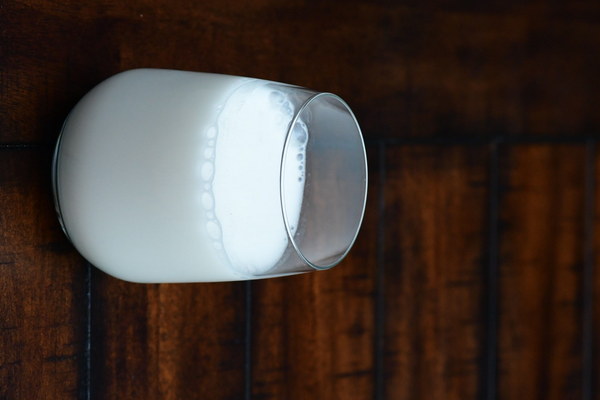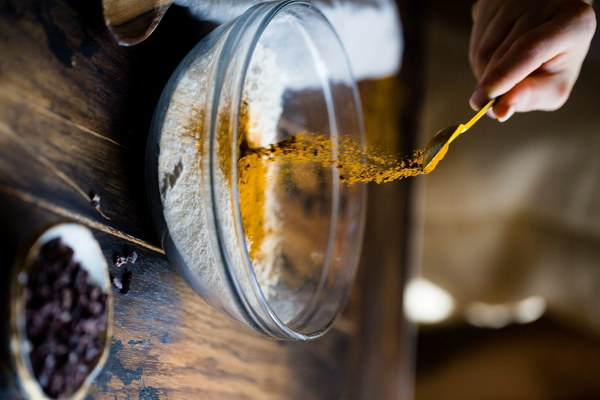Can People with Poor Lungs Drink Diuretic Tea
Introduction:
Lung health is crucial for overall well-being, and maintaining a healthy respiratory system is essential. One common concern among individuals with poor lung health is whether they can consume diuretic tea. Diuretic tea is believed to have various health benefits, including aiding in digestion and reducing water retention. However, it is important to consider the potential risks and consult with healthcare professionals before making any decisions. In this article, we will explore the topic of whether people with poor lungs can drink diuretic tea and discuss the potential benefits and risks involved.

Understanding Diuretic Tea:
Diuretic tea, also known as flushing tea, is a herbal tea made from various plants, such as dandelion, juniper berries, and uva ursi. These plants are believed to have natural diuretic properties, which can help increase urine production and promote the elimination of excess water and toxins from the body.
Benefits of Diuretic Tea:
1. Promotes Kidney Function: Diuretic tea may help improve kidney function by increasing urine flow, which can aid in the elimination of waste products and toxins from the body.
2. Reduces Water Retention: Excess water retention can lead to bloating and discomfort. Diuretic tea can help reduce water retention by promoting the elimination of excess fluids.
3. Detoxification: The natural diuretic properties of certain plants in diuretic tea may help in the detoxification process, supporting overall health and well-being.
4. Digestive Aid: Some diuretic teas contain ingredients that may aid in digestion, helping to relieve bloating and indigestion.
Risks and Considerations for People with Poor Lungs:
1. Potential for Lung Irritation: Some diuretic teas may contain ingredients that can potentially irritate the lungs. People with poor lung health, such as those with chronic obstructive pulmonary disease (COPD) or asthma, should be cautious when consuming such teas.
2. Dehydration: Excessive diuretic effects can lead to dehydration, which can be particularly harmful for individuals with compromised lung function. It is important to maintain proper hydration levels.
3. Interactions with Medications: Certain diuretic teas may interact with medications used to treat lung conditions. It is crucial to consult with a healthcare professional to assess potential interactions and ensure safety.
Consulting Healthcare Professionals:
Before consuming diuretic tea, it is highly recommended to consult with a healthcare professional, especially if you have poor lung health. They can provide personalized advice based on your specific condition and medical history.
Conclusion:
While diuretic tea offers potential benefits for overall health, individuals with poor lung health should exercise caution when considering its consumption. It is important to consult with healthcare professionals to assess potential risks and ensure safety. By seeking expert guidance, individuals can make informed decisions regarding their health and well-being.









